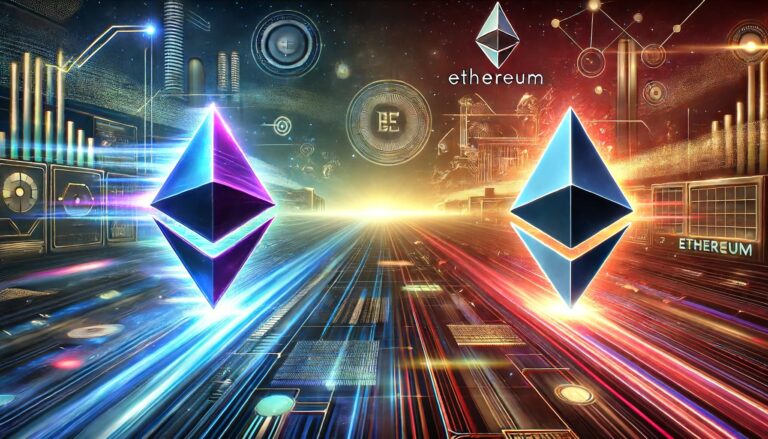Solana founder Anatoly Yakovenko declared that SOL has overtaken Ethereumthe second largest cryptocurrency in the world in a critical measure: the economic barrier preventing honest nodes from participating in consensus.
Solana outperforms Ethereum by 10x in this metric
According to Yakovenko, the economic barrier for honest nodes to participate in consensus in Solana is currently 10 times higher than that of Ethereum. Generally, blockchains like Ethereum and Solana rely on a distributed network of computers, also called nodes, to validate and record transactions. This entire process is called consensus and ensures that all nodes in the network work together to maintain the blockchain performance and security.
However, Yakovenko suggests that not all nodes are equal and that participation in the blockchain consensus process usually comes with a high price. These expenses are typically inflated by the operating costs of powerful hardware and power consumption.
The Solana founder also revealed that GROUND‘s expensive nodes are primarily due to the investments Ethereum has made in Boneh-Lynn-Sacham (BLS) aggregation for consensus messages.
Boneh-Lynn-Sacham is a cryptographic signature system operated by Ethereum that allows users to verify the level of authenticity of a signer. Notably, the BLS system may contain messages independently verified by node validators.
Reports by Ethereum community member and investor Ryan Berckmans revealed how expensive it is to operate a Solana validator. He revealed that the Solana Foundation currently financially supports blockchain as operating a validator costs over $65,000 per year.
Yakovenko revealed undefined plans to adopt a more effective consensus mechanism to deal with rising voting costs. He revealed that as hardware improves, the lower cost limits for sending commit messages to the entire cluster will eventually decrease. As a result, the cost per vote will also decrease and Solana’s economic barrier for node participation may fall.
Additionally, the Solana founder revealed that creating voting subcommittees would reduce voting costs and potentially reduce the voting burden by rotating boxes in and out of the committee.
ETH and SOL witness a slight pullback
Lately, the Ethereum price and Solana saw minor declines, highlighting the diminishing demand for these cryptocurrencies in the crypto market. At the time of writing, Solana recorded a substantial weekly decline of 12.91%, bringing its price down to $150.5.
The light collection in Solana comes amid broader market volatility and slowing investor demand for cryptocurrency. Despite its bearish performance, crypto analyst Ali Martinez is optimistic about Solana’s future prospects. Martinez has predicted a potential price rise of up to 53% for the popular cryptocurrency.
On the other hand, Ethereum has continually witnessed a decrease in its value despite the recent approval of Spot Ethereum ETFs by the United States Securities and Exchange Commission (SECOND). As of the last update, Ethereum price is trading at $3,485, marking a significant weekly decline of 9.49%.


